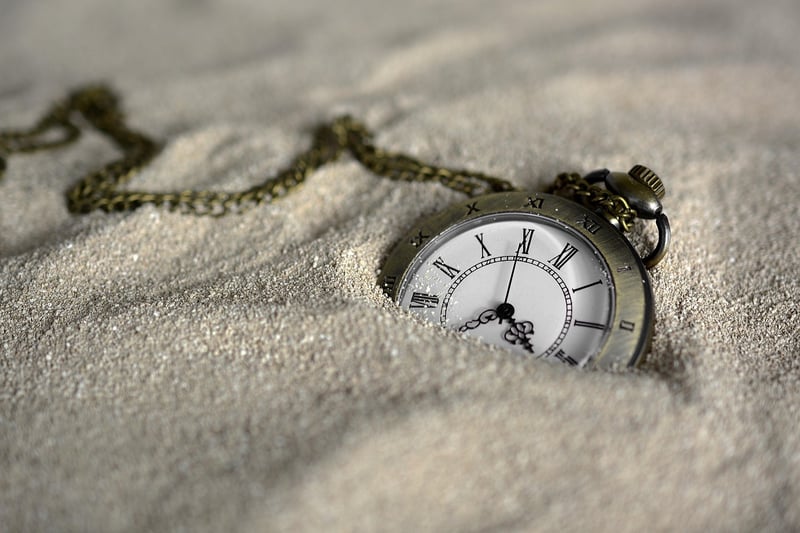Time-Traveling Ethics
Exploring Time-Traveling Ethics: A Philosophical Perspective
Time travel has long been a fascinating concept, capturing the imagination of science fiction enthusiasts and philosophers alike. However, the idea of traveling through time raises complex ethical dilemmas that have intrigued thinkers for centuries.
The Grandfather Paradox
One of the most famous ethical quandaries associated with time travel is the Grandfather Paradox. This scenario posits a time traveler going back in time and accidentally preventing their grandparents from meeting, thus preventing their own birth. This paradox raises questions about causality, free will, and the nature of paradoxes.

Changing the Course of History
Another ethical consideration revolves around the idea of changing the course of history through time travel. If one were to alter a past event, even with good intentions, it could have unforeseen and potentially disastrous consequences for the future. This raises questions about intervention, responsibility, and the ripple effects of our actions.

Temporal Tourism and Cultural Sensitivity
Imagine a future where time travel is possible for tourism purposes. Travelers could visit different eras and witness historical events firsthand. However, this idea raises concerns about cultural sensitivity, interference with historical events, and the impact of tourism on the past. Should we treat the past as a spectacle or respect it as a sacred space?

Conclusion
Time-traveling ethics present a fascinating realm for philosophical exploration, delving into the intricacies of causality, free will, intervention, and cultural sensitivity. As we continue to ponder the possibilities and implications of time travel, we are reminded of the profound responsibility that comes with tampering with the fabric of time itself.
Would you dare to journey through time if given the chance?
